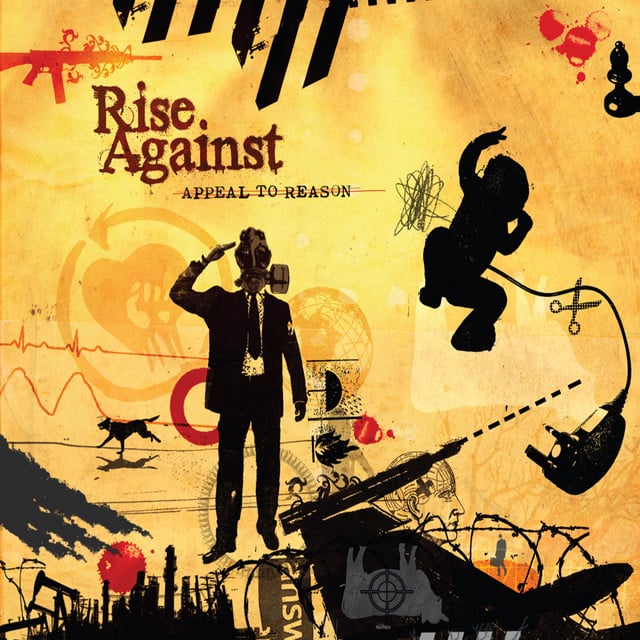Released: 2008
“Savior” by Rise Against isn’t just a song; it’s an anthemic, emotive powerhouse that tackles the complexity of human relationships, loss, and the quest for redemption. At its core, the track delves into the painful realization that love alone might not be enough to salvage a crumbling relationship, offering listeners a raw look into the struggles of trying to hold onto something that’s slipping away.
The opening verses set a tone of regret and reminiscence, with the narrator grappling with fading memories of a love that once was. The mention of forgotten eye colors and scars serves as a metaphor for the intimate details and personal struggles shared within a relationship, which over time have become blurred. The “telling signs of age” and the single falling tear symbolize the weight of time and how it weathers individuals, leading to feelings of being forgotten by the world.
The chorus introduces a critical dialogue between the two individuals in the relationship. “I don’t hate you boy, I just want to save you, while there’s still something left to save,” reflects the partner’s desperation to salvage what remains of their bond, insisting that hate is not the driving force behind their actions but rather a desire to save the other from a path of self-destruction. Conversely, the narrator’s admission, “I love you girl, but I’m not the answer for the questions that you still have,” acknowledges a fundamental mismatch in expectations and the realization that love cannot solve all problems, especially when significant issues remain unaddressed.
The song then moves into imagery of enduring struggles with lines like “the day pressed on like crushing weights.” This metaphor underscores the feeling of being overwhelmed by life’s challenges, akin to being caught in a hurricane or a blaze, and the difficulty in navigating through them together. The “brand” and “flesh like sand” imagery evoke a sense of permanence and inescapability from these challenges, questioning the understanding and resilience of both parties involved.
In a moment of reflection, the bridge distances the narrator both physically and emotionally from the relationship, with “One thousand miles away, there’s nothing left to say.” This separation highlights the insurmountable gap that has formed, emphasizing the overwhelming nature of the world (“this world is too much noise”) and its capacity to drown out individual desires and efforts to maintain a connection.
The song concludes with repeated affirmations of “I don’t hate you,” reinforcing the idea that the dissolution of their relationship is not born out of malice but out of a complex mix of love, loss, and the painful acknowledgment that sometimes, love is not enough. This assertion serves as both a lament and a declaration of unwilling acceptance, that in trying to salvage the remnants of what was, they have reached an impasse where the only solution lies in letting go.
In essence, “Savior” by Rise Against captures the tumultuous journey of grappling with the realities of a failing relationship, the pain of letting go, and the bittersweet notion that parting ways might sometimes be the most loving act of all. It’s a compelling narrative that resonates with anyone who’s faced the tough decision of holding on or letting go, making it a timeless piece in the realm of rock music.






